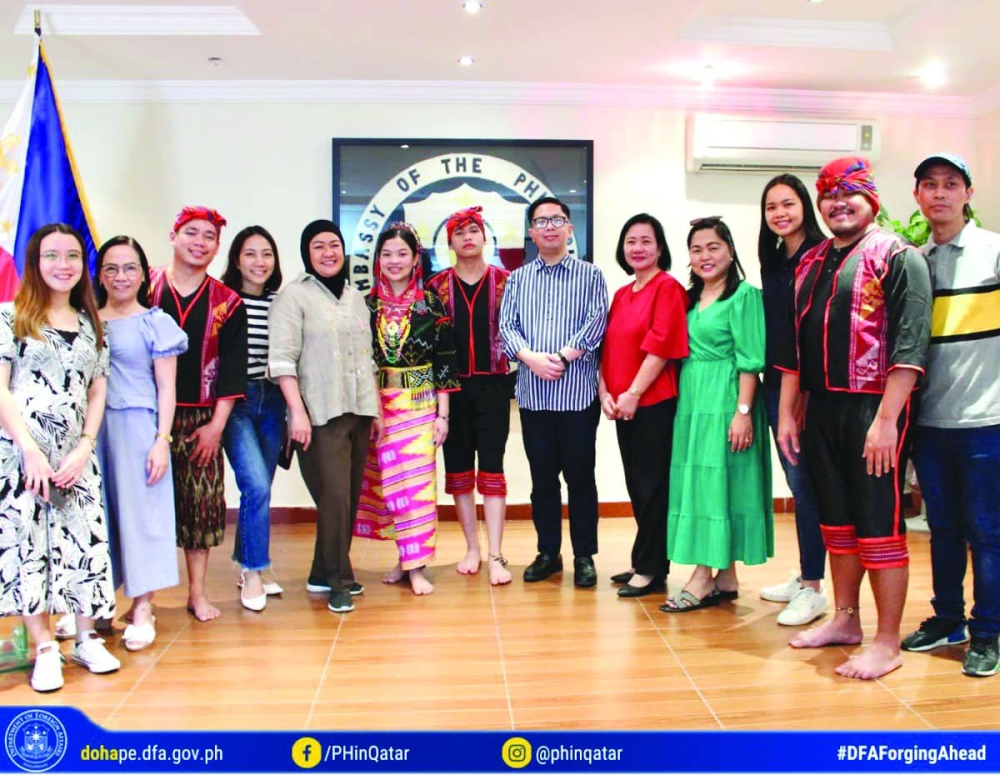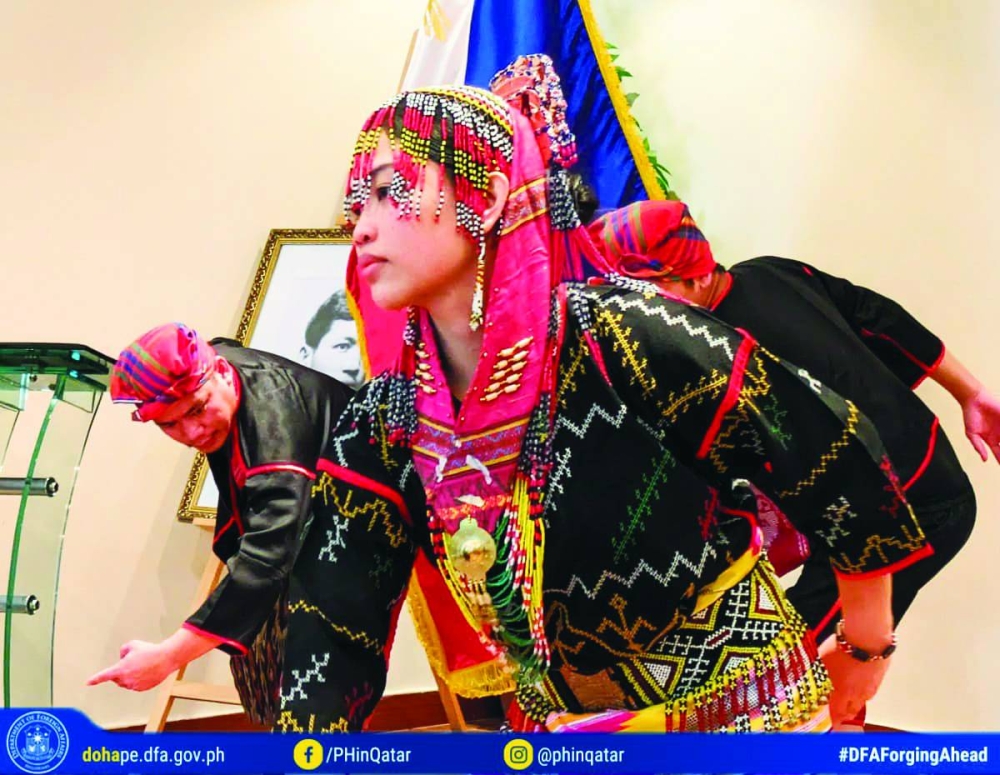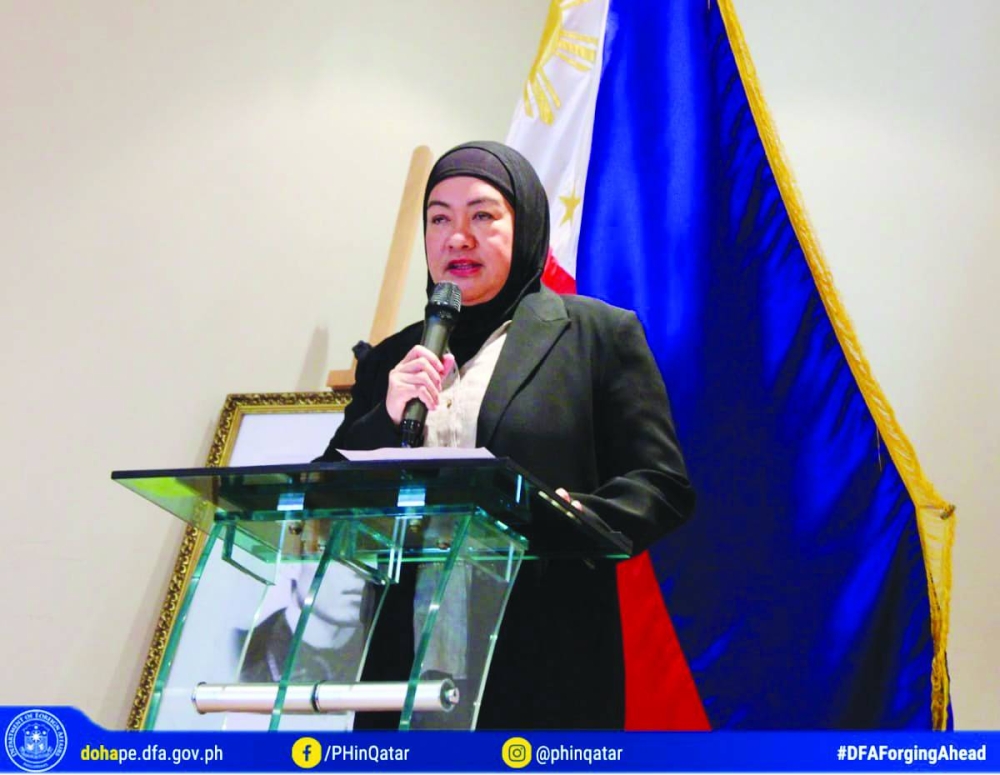The Philippine embassy in Qatar, in collaboration with the Department of Foreign Affairs (DFA) and in co-operation with Story House Philippines, is set to hold an online storytelling event titled “Samot-Saring Hiraya: Imagination through Filipino Stories” Tuesday, August 22, to mark ‘Buwan ng Wika’ (National Language Month). It will be live-streamed at 9am (Qatar time) on the DFA’s official YouTube channel.
The embassy has urged the Filipino community to foster comprehension and admiration for oral storytelling, cultures, and the arts by means of Filipino folktales. These, it added, aim to spark the curiosity of the upcoming generation to explore the Philippines' rich heritage through enthralling narratives.
As part of the celebration, the embassy will present various indigenous languages commonly used by Filipinos, starting with ‘Ilocano’, which is prevalent in the northern region of the Philippines. Notably, Ilocano ranks as the third most frequently spoken native language within the country.
The embassy recently partnered with the National Commission for Culture and the Arts (NCCA) and the renowned Bayanihan Dance Company, to hold a virtual masterclass focusing on Philippine folk dance.
In a press statement, the embassy noted that such initiative, which began on August 6, brought together a diverse array of Doha-based dance educators and folk dance enthusiasts in an immersive learning experience. The masterclass at the embassy's Sentro Rizal ran on two consecutive weekends, concluding on August 13.
According to the embassy, the culmination of this cultural endeavour took place on August 20, as participants from various Philippine diplomatic outposts, including Doha, Madrid, Kuwait, Riyadh, and Jeddah, showcased their newly acquired skills through a captivating dance presentation.
“For us in the Philippine foreign service, featuring Philippine folk dance in our cultural events serves as an effective platform to showcase the artistry, uniqueness, and passion of Filipinos. The aim is to draw attention and prestige to the technicality of this art form, to celebrate its history, to popularise it, and not to fetishise it or treat it as an esoteric relic of days long gone,” Charge d’affaires Cassandra B Sawadjaan said.
“For indeed, Philippine folk dance is a testament of our collective struggles and joys. It is a physical representation of our intention to carve out a unique Filipino identity in the face of our colonial past and the highly globalised present,” she added.

Performers with embassy officials.

Philippine folk dance performance at the embassy in Doha.

Charge d’affaires Cassandra B Sawadjaan at the event.

